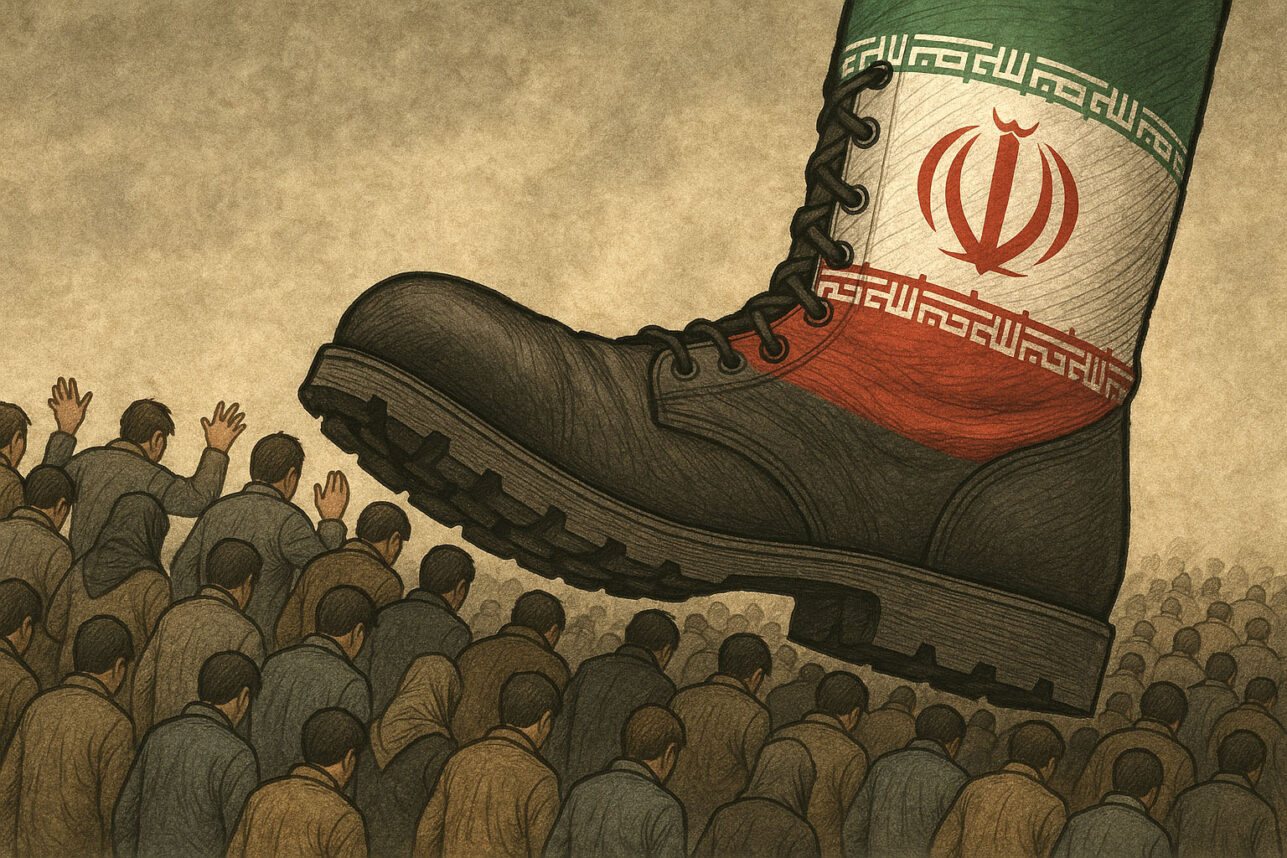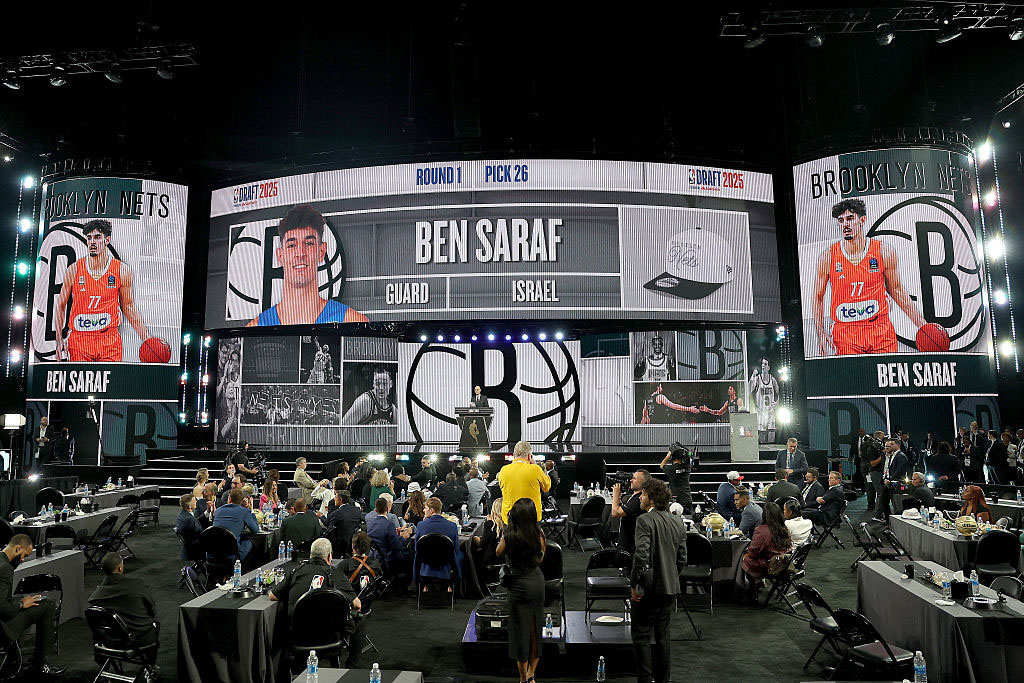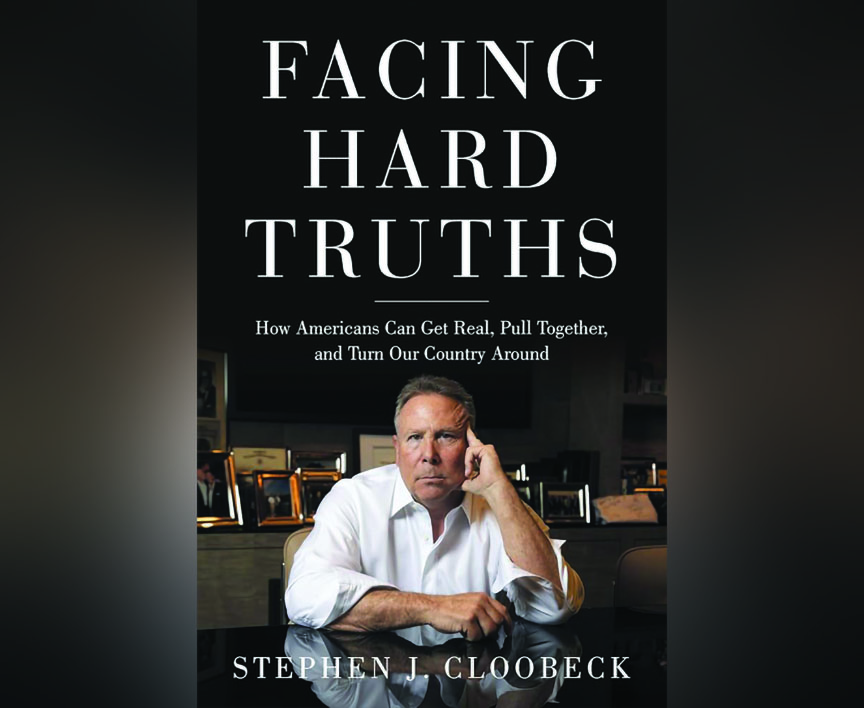Charles Dickens once said — and I imagine he was speaking of himself when he surmised that — “the life of any man possessing great talent would be a sad book unto himself.”
Dickens meant the same thing writer Thomas Mann meant when he wrote in “Tonio Kroger” that the talented can often be “artistic and charming without the smallest notion of the fact that good work only comes out under pressure of a bad life,” and “that he who lives does not work,” because “one must die to life in order to be utterly a creator.”
An eloquent and modern embodiment of this artiste comes to us from writer Aaron Sorkin in the form of his tragic-hero protagonist Will McAvoy (played by the Emmy-nominated Jeff Daniels) on HBO’s “The Newsroom.”
When we first meet McAvoy in the pilot episode of Season One, he is, in short, a mess. During a public appearance on a discussion panel at a university, he is barely awake, wanly answering questions about American politics as if someone had asked him his favorite color. The panel moderator even likens him to Jay Leno, who is “popular because [he] doesn’t bother anyone.”
McAvoy is in too much of a daze to care. His world is a whirl, with surrounding voices echoing and fading into the background as he begins to hallucinate — or so he thinks. Sorkin sets us up with a character at a crossroads: McAvoy is so overcome by boredom, listlessness and longing that he snaps at serious questions and insults an earnest inquirer as a “sorority girl.”
Then the symbolic shofar is blown. Well, really, she is seen: McAvoy’s former flame MacKenzie McHale (Emily Mortimer) suddenly appears like an apparition among the audience and rouses him from his slothful slumber.
“Can you say in one sentence or less why America is the greatest country in the world?” sorority girl asks the panel.
In a fog of faces, McAvoy can make out only one – MacKenzie’s – but is it really her? He can barely see straight and her face in the crowd keeps changing.
At first, McAvoy responds curtly to the question, merely repeating what the two other panelists said. But the moderator won’t allow it.
“I want a human moment from you,” he tells McAvoy, a serious demand of a Dickensian artist.
It isn’t the moderator, but MacKenzie’s prompting – her mysterious visage is holding up written signs meant for McAvoy – that finally compels McAvoy to launch into a passionate diatribe on the failures and feats of American democracy. The speech is the beginning of a new trajectory for McAvoy, in which he is driven by his anger and aloneness into the pursuit of reporting real news – the old fashioned way, which is to say, the right way. The next two seasons follow McAvoy as he learns to channel his insecurities and liabilities into a formula for success, becoming a public icon even while living in private isolato.
The talented man becomes a sad book to himself. The deeper he delves into his professional mission, the more he deviates from the yearnings of his heart and the woman he loves.
In an after-the-episode commentary for HBO subscribers, Sorkin summed up McAvoy’s conflict this way:
“There is hardly an episode where Will isn’t having a crisis of confidence. He’s torn by two forces: doing what he knows is right, or at least what he thinks is right, and wanting to be well-liked by complete strangers who he’ll never meet. That’s how he feels love.”
Sorkin’s assessment refers to a specific episode in Season Two in which McAvoy is dating the gossip columnist Nina Howard (Hope Davis), who encourages him to boost his approval ratings by appearing – horror of horrors – on the light-weight, lowbrow morning show. McAvoy consents and then hates himself; that kind of work is beneath him.
Sorkin explained, “Will didn’t need to start being loved by the audience until he and MacKenzie split up. Ironically, this problem made him very successful.” Here, Sorkin knowingly adds, “it’s almost a zero-sum equation that MacKenzie’s absence in his life equals a need for Will to be loved by these strangers.”
Therein is the ultimate predicament of the Dickensian artist: he must deny himself his full humanity – his ability to relate and draw close to others – in order to sustain his creative lust.
But where Sorkin breaks script with the Dickenses and Manns of the world is when, at the end of Season Two, he reunites his star-crossed lovers in a lavish final scene one Daily Beast critic derided as ridiculous romantic comedy – which only proves how poorly this critic understood it.
Ever the idealist, Sorkin, who probably knows well Dickens’s depressing dictum is offering us something hard to believe, yes, but even harder to achieve: character change. McAvoy, the brilliant thinker, speaker and news anchor has finally realized what’s been motivating him all along: love. Why should he stop at success if he can grow his soul?
Both McAvoy and Sorkin are smart enough to know that there’s no better way to nurture one’s narcissism than by elevating one’s character –even more.
How McAvoy will sustain his ambition with his longing slaked is up to Sorkin to figure out. But I’m hardly worried; anyone who’s ever been in love knows that once you’re inside a committed relationship, the real romantic drama begins.


































 More news and opinions than at a Shabbat dinner, right in your inbox.
More news and opinions than at a Shabbat dinner, right in your inbox.